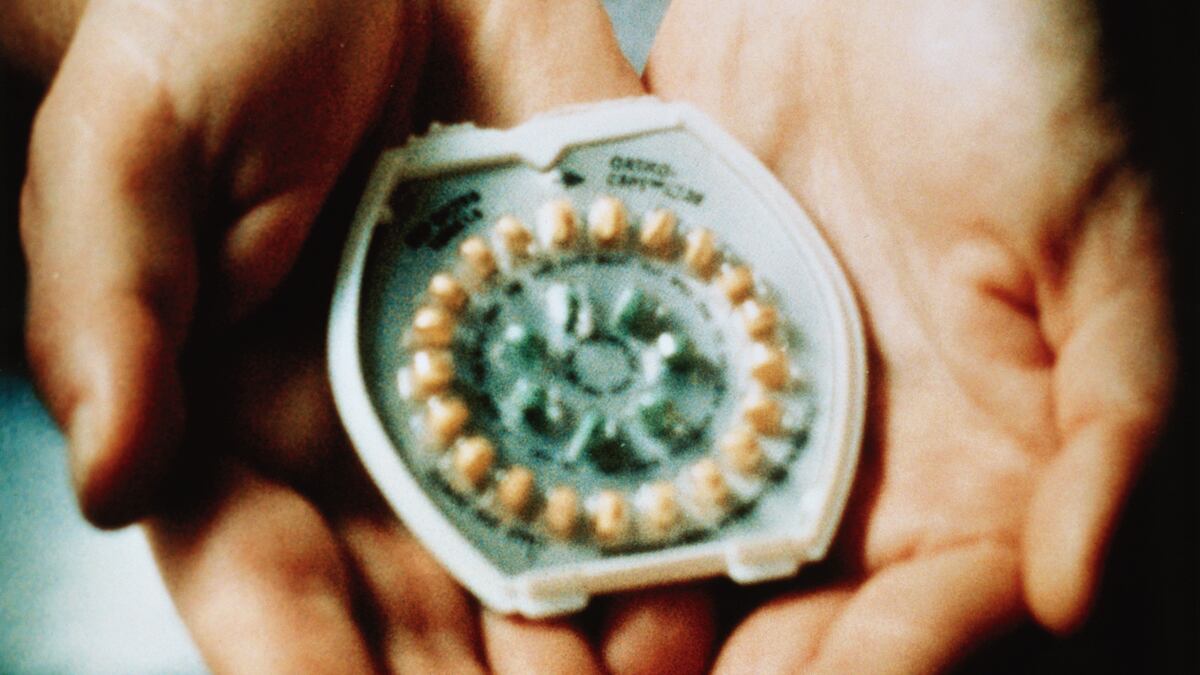Mitt Romney has been railing again the Obama administration’s refusal to exempt Catholic-affiliated institutions like hospitals and universities from its mandate that health insurance cover contraception. “Such rules don’t belong in the America that I believe in,” he writes in a Washington Examiner op-ed. Perhaps no one told him that such rules were in place in Massachusetts the entire time he was governor, because as far as I’ve been able to tell, he never raised a word of objection then.

From the enraged response to Obama’s policy, one would think it represented some sort of radical break with the status quo. In The Daily Beast, Kirsten Powers suggests the administration is threatening to put Catholic institutions out of business. “One thing we can be sure of: the Catholic Church will shut down before it violates its faith,” she writes.
But many Catholic institutions are already operating in states that require contraceptive coverage, such as New York and California. Such laws are on the books in 28 states, and only eight of them exempt Catholic hospitals and universities. Nowhere has the Catholic Church shut down in response.
Time and again, when these laws were being considered, Catholic bishops and their sympathizers made the same sort of hysterical arguments we’re hearing today. “We will not be daunted by the abortion and contraception extremists whose aggressive agenda includes putting the Catholic Church out of the business of providing health care and social services throughout the state of New York,” Cardinal Edward M. Egan said at an Albany press conference in 2002, when New York was considering the Women’s Health and Wellness Act.
Nevertheless, the law passed—it was signed by Republican Gov. George Pataki—with exactly the same sort of exemptions we’re now seeing at the federal level. There’s a conscience clause that applies to Catholic churches, grade schools, and parishes, but not institutions that serve the broader community, such as universities and hospitals. The church sued, but New York’s State Court of Appeals ruled against it; in 2007, the Supreme Court let the ruling stand. Likewise, California’s Supreme Court upheld that state’s version of the mandate.
And yet, somehow, Catholic institutions have continued operating. Nationwide, major Catholic universities including Fordham, Georgetown, and DePaul all offer birth-control coverage. So does Dignity Health, until recently known as Catholic Healthcare West, the fifth-largest health system in the country. In Massachusetts, the six former Caritas Christi Catholic hospitals, which were recently acquired by Steward Health Care System, all complied with the state law.
Some, it is true, found ways to get around the mandate. Instead of buying insurance policies, they self-insured—essentially covering their employees’ medical bills from their own funds. The new Obama administration policy closes that loophole, though it may well open others. Speaking to Morning Joe on Tuesday, Obama adviser David Axelrod suggested that some compromise with the bishops may be in the works. “[W]e’re going to look for a way to move forward that both provides women with the preventative care that they need and respects the prerogatives of religious institutions,” he said.
Those prerogatives are important, but they don’t trump the rights of the general public. That’s not an extreme notion—it’s one that Romney subscribed to when he signed a law forcing Catholic hospitals to provide emergency contraception to rape victims. Obama’s policy, says Sarah Lipton-Lubet, policy counsel at the American Civil Liberties Union, “really is completely constitutionally unremarkable. There is a whole host of anti-discrimination and labor laws that institutions that operate in the public sphere like religiously affiliated hospitals and universities comply with, or are supposed to comply with.”
And make no mistake: health plans that exclude services used only by women constitute a form of discrimination. That’s why in 2000, the U.S. Equal Employment Opportunity Commission ruled that employers that cover prescription drugs but do not cover contraception are in violation of Title VII of the 1964 Civil Rights Act. Such employers have “circumscribed the treatment options available to women, but not to men,” it said. The EEOC’s ruling made no exemptions for religiously affiliated organizations. Indeed, in 2009, responding to a lawsuit, the EEOC ruled that the Catholic college Belmont Abbey discriminated against women when it refused to cover birth control.
“When employers provide fringe benefits to their employees as part of their pay that include preventative health-care services and prescription drugs, it’s sex discrimination to reduce women’s pay by not giving them coverage for health-care needs that they have,” says Marcia Greenberger of the National Women’s Law Center.
The Obama administration, then, was acting in line with several longstanding state and federal precedents when it issued these new regulations, something that’s been totally obscured amid all the caterwauling we’ve heard in response. “Women who work at hospitals or universities or social-service agencies with religious affiliation don’t need contraceptive access any less than women who work at other sorts of hospitals and universities and social-service agencies,” says Lipton-Lubet. “The ideology of their employers doesn’t affect their health-care needs and shouldn’t affect their health-care access.”






